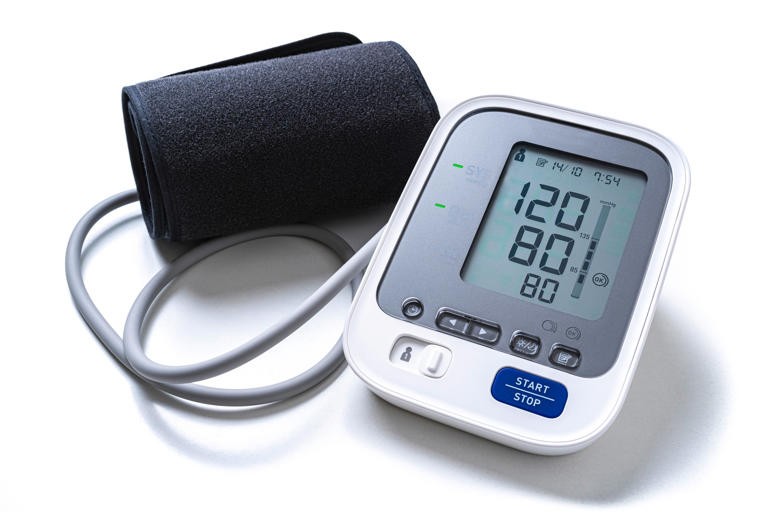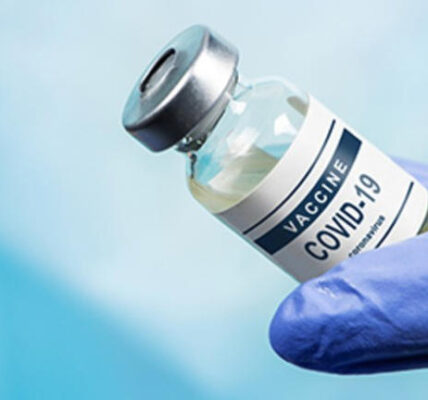“Psoriasis and Cardiovascular Disease: 5 Surprising Ways to Safeguard Your Heart”
Psoriasis and cardiovascular disease are more closely linked than you might think. Explore the connection between these conditions and understand how psoriasis can impact heart health in this informative blog post.

Psoriasis and Cardiovascular Disease: Understanding the Link
Psoriasis isn’t just a skin condition – it’s also linked to heart health. Let’s delve into how psoriasis affects cardiovascular health and what you can do about it.
What is Psoriasis?
Psoriasis isn’t just about dry, flaky skin. It’s a chronic autoimmune condition that causes red, scaly patches to appear on various parts of the body, including the elbows, knees, scalp, and lower back. These patches can be itchy, sore, and sometimes even painful.
The Hidden Connection: Psoriasis and Heart Disease
Did you know that psoriasis is associated with an increased risk of cardiovascular problems? Research suggests that individuals with psoriasis have a higher likelihood of developing heart disease, including coronary artery disease, heart attacks, and strokes.
Understanding the Link
Why does psoriasis increase the risk of heart disease? It all comes down to inflammation. Psoriasis is characterized by inflammation in the body, which not only affects the skin but can also impact internal organs, including the heart and blood vessels.
The Role of Inflammation
Inflammation plays a key role in the development of cardiovascular disease. It can contribute to the formation of plaques in the blood vessels, leading to a condition known as atherosclerosis. Over time, this can increase the risk of heart attacks and strokes.
Research Insights
Studies have shown that individuals with psoriasis, particularly those with more severe and long-standing disease, are more likely to experience cardiovascular problems. Factors such as age, body mass index (BMI), hypertension, and psoriatic arthritis can further exacerbate the risk.
Coronary Microvascular Dysfunction (CMD)
One of the underlying mechanisms linking psoriasis and heart disease is coronary microvascular dysfunction (CMD). CMD affects the small blood vessels that supply the heart muscle, impairing their function and increasing the risk of cardiovascular events.
The Importance of Early Detection
Early detection of cardiovascular risk factors in individuals with psoriasis is crucial for preventing heart disease. Regular monitoring of blood pressure, cholesterol levels, and other cardiovascular markers can help identify potential issues early on and facilitate timely intervention.

Taking Control of Your Health
If you have psoriasis, there are steps you can take to protect your heart health:
- Manage Your Psoriasis: Work with your healthcare provider to develop a treatment plan that effectively controls your psoriasis symptoms and reduces inflammation in the body.
- Monitor Your Heart Health: Stay proactive about monitoring your cardiovascular risk factors, including blood pressure, cholesterol levels, and blood sugar level. Aim for regular exercise, maintain a healthy weight, and avoid smoking and excessive alcohol consumption.
- Seek Medical Attention: If you experience any symptoms of heart disease, such as chest pain, shortness of breath, or palpitations, seek medical attention promptly.
Conclusion
Psoriasis and cardiovascular disease are closely intertwined, highlighting the importance of comprehensive care for individuals with psoriasis. By understanding the link between these conditions and taking proactive steps to manage your health, you can reduce the risk of heart disease and live a healthier, happier life.
In Summary:
Psoriasis isn’t just a skin condition – it’s also linked to heart health. Inflammation associated with psoriasis can increase the risk of cardiovascular problems, including heart attacks and strokes. Understanding this connection and taking proactive steps to manage your health can help reduce the risk of heart disease in individuals with psoriasis.




